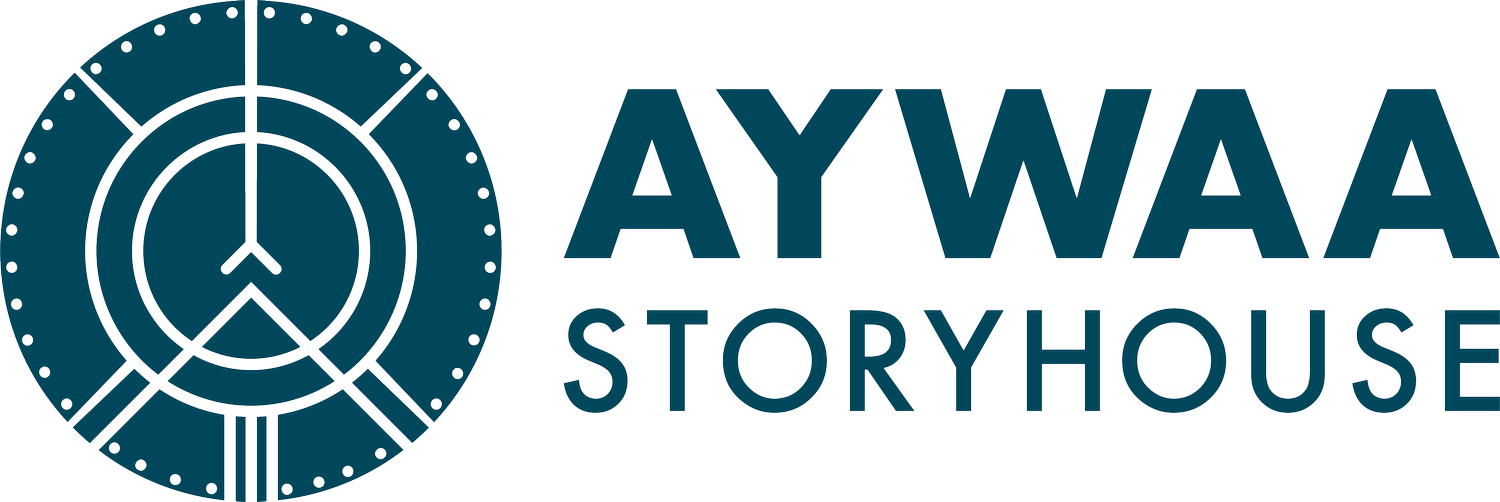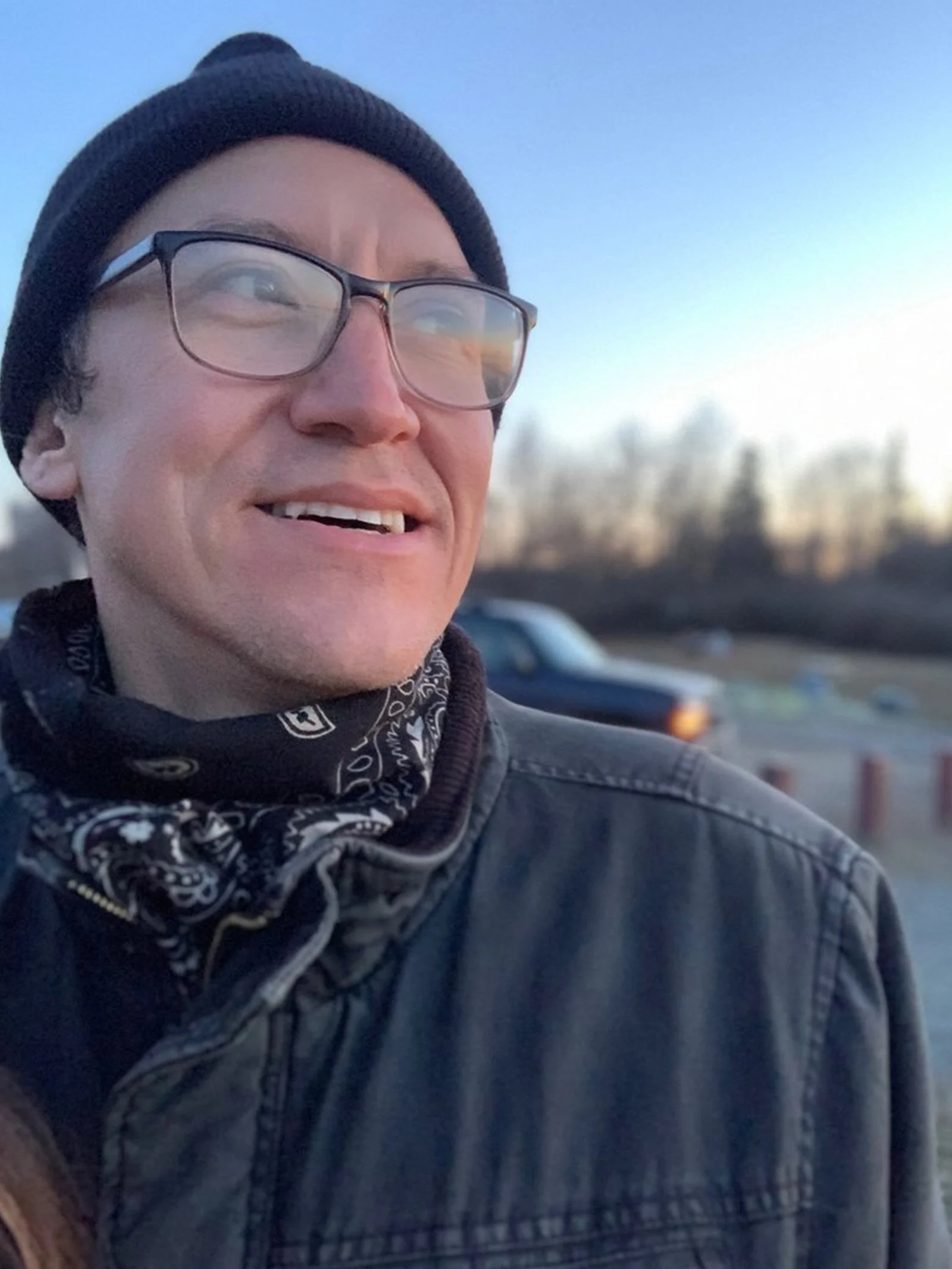Ryan Romer
Bethel & Anchorage, Alaska |Yup’ik & Athabascan
Artist
While he now lives in Anchorage, Ryan’s work remains deeply rooted in the Yukon-Kuskokwim Delta (Y-K Delta) where his ancestors made their home. His paintings and printmaking are inspired from experiences, stories and folklore from the Y-K Delta, capturing nomadic lifestyles as they exist in contemporary Alaska and weaving in indigenous values and knowledge along the way. Every image is intended to present a possible parallel universe — a storyline in motion that the viewer may accept as an alternative to the Western, capitalist structures we live in today. He hopes his work can serve as a catalyst to the viewer to imagine another way of life.
Ryan received his B.F.A. in Printmaking from the University of Alaska, Anchorage in 2008. His endeavor to transform oral storyline into visual arts has been a nomadic process that combines traditional Western fine arts methods with cultural impressions from rural villages in Alaska.
Ernemi Mak’caqlliquvet
“That moment when you awaken from darkness to the first light of a new day”
Photo by Jonella Larson White, Anchorage, Alaska
click to enlarge
This painting acts as a visual stronghold to the healing power of Indigenous ways of knowing. Indigenous people are increasingly recognizing the inherent value and inner strength of their cultures, including Yup’ik people. Our hearts, minds and hands are connecting across an Indigenous landscape. Depicted here is the hope that comes from the first light of a new day, when you emerge from darkness and the sun shines bright, encouraging people to rejoice and dance.
The traditional knowledge and ways of life that our ancestors passed on to us are now critically needed to advance equity and spiritual growth for all. Human beings must make a choice regarding how we move forward with each other and with the earth. Will we continue to mistreat each other and the land, or will we usher in a healthier way of being, grounded in our ancestor’s guidance?
The foreground shows spiritual characters on an ice flow that is slowly receding as a representation of the ongoing impacts of climate change. These expressive formations are meant to show the value of indigenous knowledge and the power it has to connect humanity, giving hope to a changing cultural landscape that is sorely needed.
May we all gather together as people of this planet, together bringing hope for positive change.

